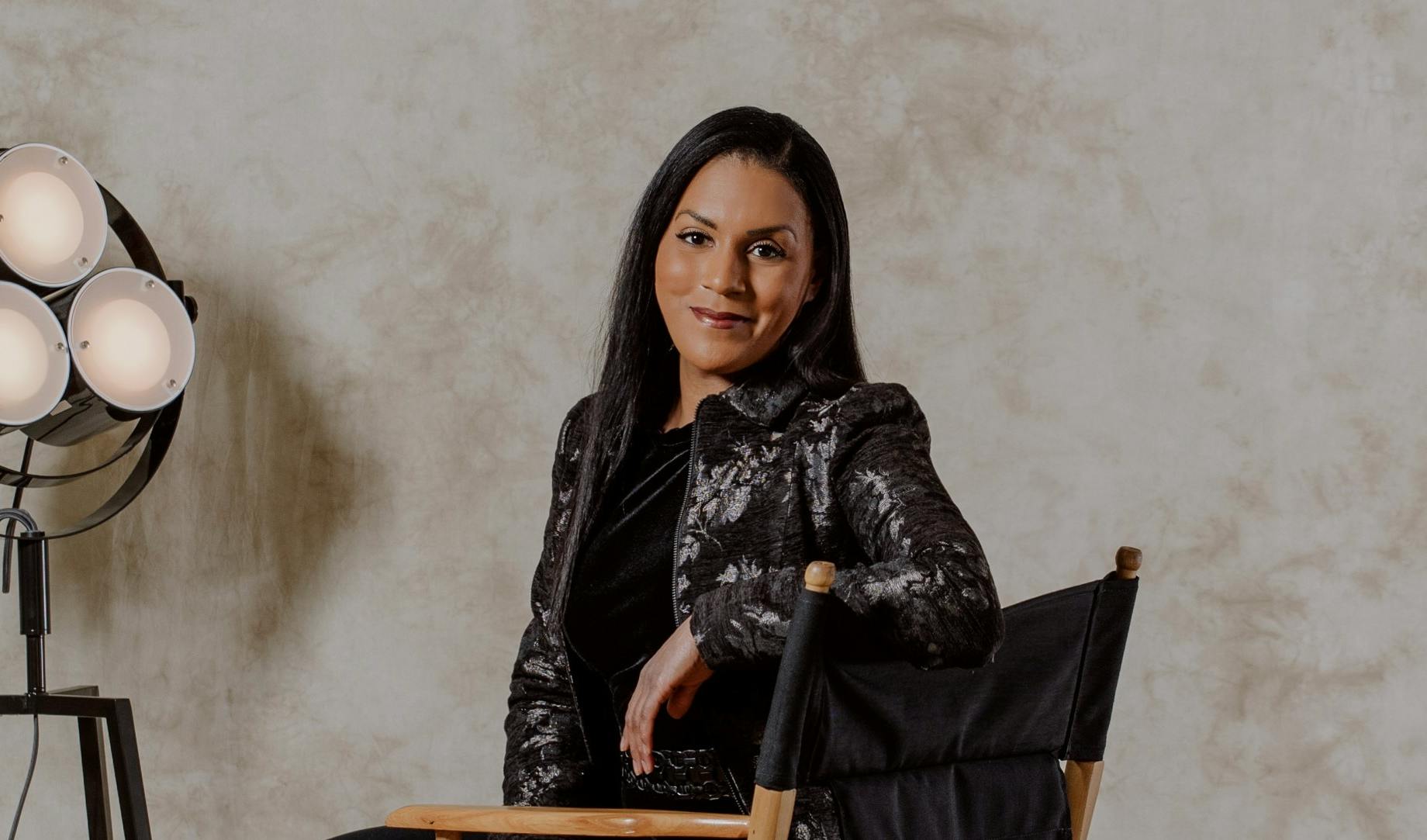
How Employee-Oriented Board Strategy Drives Growth | RemCo Chair at Dr. Martens, Stagecoach Bus and Softcat Lynne Weedall

Lynne Weedall
Lynne Weedall’s executive-level background in HR saw her transition from leading HR teams at major companies like Tesco, Bupa and Carphone Warehouse to serving as a board member at companies including Greggs and Treatt and a RemCo Chair at Dr Martens, Stagecoach Bus and Softcat. Her impressive portfolio of board roles has given her a rich knowledge of managing people and their needs at the board level.
🎙️ You can listen to the full podcast interview with Lynne on Spotify and Apple Podcasts
Listen to the full eleventh episode of the Enter the Boardroom with Nurole podcast for:
- The role of Non-Executive Directors in board decision-making
- The strategic importance of board diversity
- The role and benefits of Remuneration Committees for growing companies
- The interaction between incentivisation and corporate culture
- Strategies for improving employee engagement
As an experienced board member with an HR background, what strategic insight can an HR specialist bring to a board?
One thing I’ve observed is that organisations are made up of lots of processes and outputs. In the simplest sense, that is an organisation: a living, breathing thing full of human beings. HR specialists can help everyone recognise that.
It may seem incredibly obvious, but sometimes leadership can become fixated on numbers and lose sight of the organism around them. And, ultimately, you really deliver results through the calibre and quality of engagement with your employees. The thing that tends to hold businesses back is not a lack of strategy, but a lack of clarity around the level and quality of relationships within them. When a business is slow and inefficient it’s usually because there are a lot of friction points and barriers within it.
These sorts of problems can only be solved by a combination of having the right people and ensuring the relationships they have enables them to get things done.
You touched on the importance of having the right people and relationships. What does that look like at the board level?
Quite often when something has gone wrong and people don’t know the answer they keep measuring things. So they spend a lot of time stuck in the analysis of the problem as a sort of deflection or distraction. There was one example in my career where a big change program was being delayed constantly and we were looking at increasingly detailed project plans that tackled it from a number of different angles. It eventually became apparent that the solution being advocated didn’t work, but no one had the courage or inclination to point that out. Ultimately it required someone to effectively say that the emperor had no clothes on.
I think that’s the place where a board can be really effective – when they can stand back, look at things from a different perspective and ask the killer question that sort of cuts through all the mystery and clears the fog of indecision. In that instance, we had backed the wrong horse and we had to stop and rethink the entire thing.
And what role do Non-Executive Directors play in that process?
Ultimately it’s important to say that, whilst you are a Non-Executive, you are not running the business. I sometimes describe it as being a lifeguard in that you spend a lot of time say on the sidelines on your hands - watching, observing and really trying to understand what’s going on in the business without giving in to the temptation of “getting in the pool”. But, when things do go wrong, you also have to have enough knowledge and insight to be able to dive in, and it’s often very important to intervene when they do.
It’s a balancing act, really, between trying to develop a deep understanding and insight into the business and the patterns that play out within it. I often spend a lot of time looking for those patterns and joining up the dots. To find the disconnect between what I’m being told and what I’m actually seeing.
I think healthy boards have potentially different perspectives and maybe even a healthy level of tension as a result. So part of being a really high-performing, well-functioning board is bringing different perspectives and being able to have that grown-up, straightforward conversation around what is actually going on. Through that, you hopefully get a better quality of discussion and decision-making.
What is the importance of a Remuneration Committee (RemCo) in supporting board strategy and employee engagement?
If I could start with RemCo, it’s an incredibly challenging backdrop for anyone Chairing that committee these days. People often ask me why I want to Chair a RemCo. One of the reasons I quite enjoy the role is that it really is where strategy meets reality. What the business is trying to achieve and the context it is in. But it also acts as a lightning rod for any perceived dysfunction within an organisation. If people are unhappy or there’s a question around performance or equity or relationship dynamics, it all sort of falls on the RemCo. Navigating through that, I think, is quite interesting.
It’s no coincidence that I haven’t mentioned reward structures yet. Rewards are often perceived to be a major part of a RemCo’s responsibility but, frankly, I think rewards make up about 10% of our focus while the mechanics of remuneration are 90% around really understanding business strategy and relationship dynamics. So as RemCo Chair, I spend a lot of time trying to make sure that our strategy is clear and we identify the important behaviours and characteristics that we should be rewarding.
Oftentimes too much energy is wasted on box-ticking and not enough on strategy. That, to me, is where RemCos are most value-adding. In building that strategy, there has to be a real alignment with the company’s culture and the wider workforce experience. You have to build checks and balances into the system because fairness means different things to different people. I understand the desire to keep things simple and understandable, but I think you have to recognise that these are complex systems in a complex world. So it’s not the reward conversation that matters, but what you wish to achieve. Incentivisation becomes much more straightforward if that is clear from the beginning.
As a RemCo Chair, have you found that certain incentivisaition and reward strategies have been more effective than others in driving growth and employee engagement?
I’m not wedded to one approach or another. When I was at Carphone Warehouse, we actually removed commission from the business. That was because the sector had become too incentivised around sales as a whole, which had driven some toxic behaviours. By removing commissions, we intended to fundamentally reset the culture around teamwork and customer service. We still wanted people to have the opportunity to earn rewards, but for delivering sustainable long-term growth and superior service.
That example aside, there are other instances where there exists a healthy place for commission within an organisation. I recently joined the board at Softcat, and they have a great commission structure underpinned by a strong corporate culture and set of values. Fundamentally, everyone at Softcat knows that you don’t get results without delivering service, and so the inventivisation offered by commission really works for them.
So, as I said, what really matters is figuring out what is appropriate in the business’s context. What’s serving you well? What’s getting in the way and preventing you from delivering? If you get that right, you can have reward structures that range from highly entrepreneurial wealth creation schemes to much more conservative and traditional systems linked to things like restricted stock and well-defined metrics. But there’s no room for misalignment between what you say and what you do.
Nurole Insight
Despite his background as a data specialist, Sameer presents a more dimensionalised view of data-driven strategy that encompasses both the data itself and how that data is interacted with and discussed by decision-makers. Sameer’s perspective reinforces the notion of board cognitive diversity as being a major benefit to board performance as it allows for data to be handled more responsibly and prudently.
🎙️ You can listen to the podcast Enter the Boardroom on Spotify and Apple Podcasts to stay up-to-date on the latest in board-level expertise.
Let's finish with a few quick fire questions...
One book every board member should read?
Seeing Systems By Barry Oshry
Favourite quote?
“A ship in harbour is safe, but that is not what ships are built for.” - John A. Shedd
Favourite holiday?
I live on a beach in Sandbanks, so every day is a holiday; especially when walking my dog in the morning.
Most significant professional insight?
The answer is always out there, you just have to give it a voice and be prepared to listen.
Favourite app?
My husband would say all of my shopping apps! I would highlight Selfridges.
If you are looking for senior executive and non-executive director roles, Nurole's innovative recruitment platform can help.






